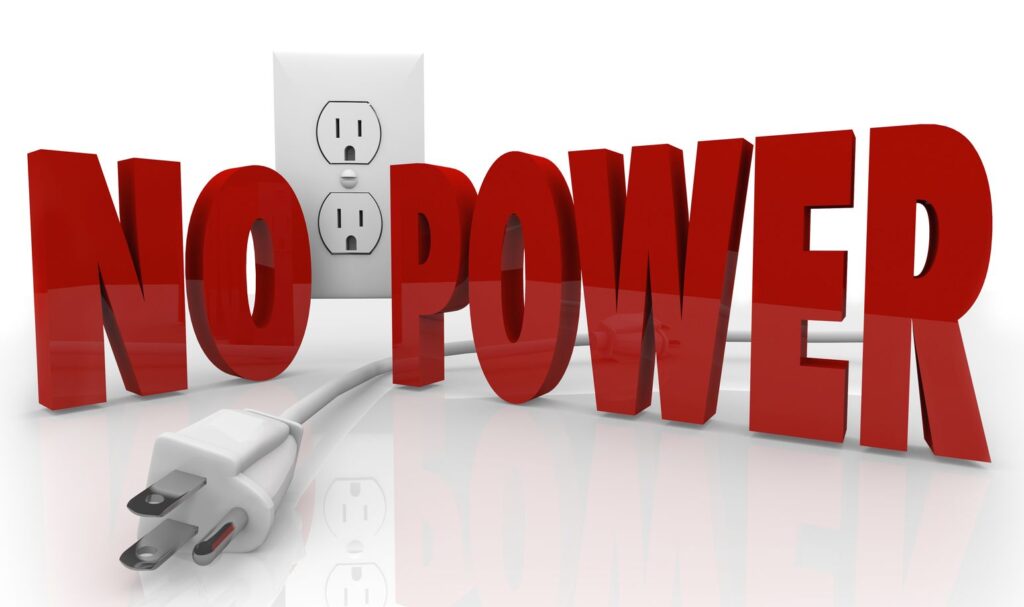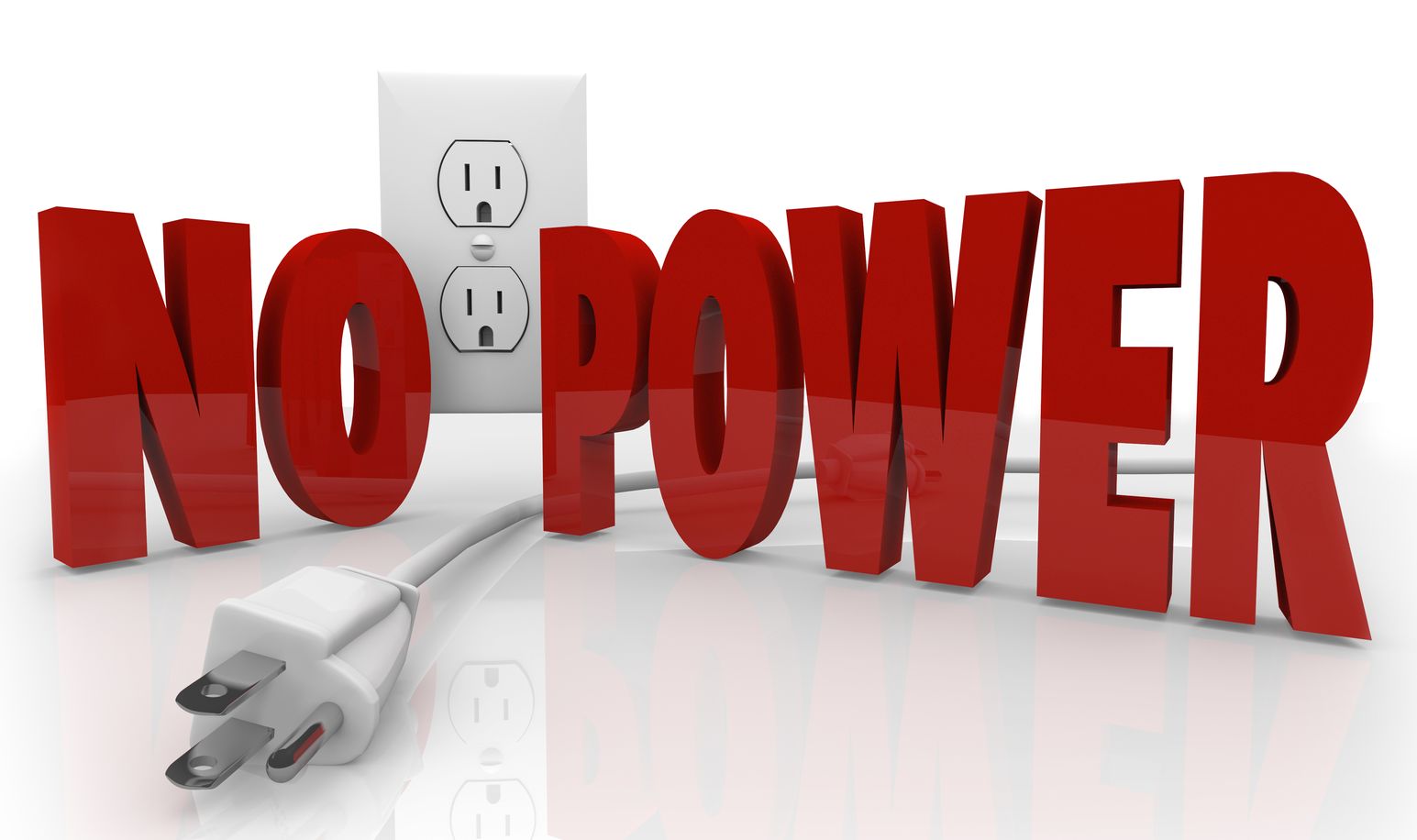
The Allure of the Ordinary: Exploring Characters with No Powers in Fiction
In a world saturated with superheroes, mutants, and individuals blessed with extraordinary abilities, the narrative space occupied by characters with no powers often gets overlooked. Yet, these seemingly ordinary individuals possess a unique appeal and narrative potential that can be just as captivating, if not more so, than their superpowered counterparts. This article delves into the fascinating world of characters defined by their lack of extraordinary abilities, exploring why they resonate with audiences, the challenges they face, and the crucial roles they play in shaping compelling stories.
The Power of Relatability: Why We Connect with the Powerless
One of the primary reasons why characters with no powers are so compelling is their relatability. While we may marvel at Superman’s strength or Spider-Man’s agility, it’s the struggles, triumphs, and vulnerabilities of ordinary individuals that often mirror our own experiences. These characters offer a grounded perspective, allowing us to see ourselves reflected in their journeys. We understand their limitations, empathize with their fears, and celebrate their victories because they are achieved through hard work, determination, and human connection, rather than superhuman abilities. The absence of powers forces these characters to rely on their intelligence, courage, and resourcefulness, qualities that are universally admired and easily accessible to the audience.
Examples of Relatable Characters
- John McClane (Die Hard): A New York City cop who uses his wits and grit to survive a terrorist takeover.
- Ellen Ripley (Alien): A warrant officer who faces a terrifying extraterrestrial threat with bravery and intelligence.
- Frodo Baggins (The Lord of the Rings): A hobbit tasked with destroying the One Ring, relying on his courage and the support of his friends.
These characters, despite facing extraordinary circumstances, remain fundamentally human, making their stories all the more impactful. Their no powers status emphasizes their vulnerability and heightens the stakes, forcing them to overcome seemingly insurmountable odds through sheer willpower and ingenuity.
The Underdog Narrative: Triumphs Against the Odds
The concept of the underdog is a recurring theme in storytelling, and characters with no powers often embody this archetype perfectly. Their lack of inherent advantages positions them as underdogs in a world that often favors the extraordinary. This creates a compelling narrative arc as they strive to overcome challenges and achieve their goals despite their limitations. The victories of these characters are all the more satisfying because they are earned through hard work, strategic thinking, and the support of others. Their stories serve as a powerful reminder that anyone can achieve greatness, regardless of their inherent abilities.
The Importance of Skill and Training
While characters with no powers may lack superhuman abilities, they often compensate for this with specialized skills and rigorous training. Batman, for example, has no powers but is a master of martial arts, detective work, and strategy. His wealth allows him to develop advanced technology, but his core strength lies in his dedication to honing his physical and mental abilities. Similarly, characters like Jason Bourne rely on their training in espionage and combat to survive in dangerous situations. These examples demonstrate that even without inherent abilities, individuals can achieve extraordinary feats through dedication and perseverance.
The Role of Relationships: Strength in Unity
Characters with no powers often rely heavily on their relationships with others. The support of friends, family, and allies can be crucial to their survival and success. This emphasis on teamwork and collaboration highlights the importance of human connection and the power of collective action. In contrast to the lone wolf archetype often associated with superheroes, characters with no powers thrive in supportive environments, demonstrating that strength can be found in unity. Consider the ensemble cast of *Ocean’s Eleven*, each member contributing unique skills and working together to achieve a common goal. Their no powers approach to crime highlights the power of planning, execution, and reliance on each other.
The Vulnerability Factor: Heightening the Stakes
The lack of powers inherently increases the vulnerability of these characters, which in turn heightens the stakes of the story. Every encounter becomes a potential life-or-death situation, and every decision carries significant weight. This vulnerability creates a sense of tension and suspense, keeping the audience engaged and invested in the character’s fate. The knowledge that these characters are not invincible makes their triumphs all the more meaningful and their sacrifices all the more poignant.
Thematic Exploration: Examining Human Nature
Characters with no powers often serve as a lens through which to examine fundamental aspects of human nature. Their struggles with morality, their capacity for both good and evil, and their resilience in the face of adversity provide rich opportunities for thematic exploration. These characters allow us to confront complex issues and grapple with difficult questions about what it means to be human. Stories featuring characters with no powers can be particularly effective in exploring themes of social injustice, political corruption, and the abuse of power. Their powerlessness can highlight the systemic inequalities that exist in the real world, prompting audiences to reflect on their own roles and responsibilities.
The Contrast with Superpowered Characters
The presence of characters with no powers can also serve to highlight the contrast with superpowered individuals. This contrast can be used to explore the ethical implications of having extraordinary abilities and the responsibilities that come with such power. By juxtaposing the struggles of ordinary individuals with the actions of superpowered beings, stories can raise questions about fairness, justice, and the potential for abuse. For example, consider a story where a corrupt politician with no powers manipulates a superhero for personal gain, highlighting the dangers of unchecked power and the importance of accountability.
Examples in Different Genres
The appeal of characters with no powers transcends genre boundaries. They can be found in science fiction, fantasy, action, drama, and even comedy. Their versatility allows them to inhabit a wide range of roles and contribute to diverse narratives.
- Science Fiction: Engineers, scientists, and astronauts often rely on their knowledge and skills to navigate the challenges of space exploration and technological innovation.
- Fantasy: Knights, spies, and rogues without magical abilities must rely on their cunning and skill to survive in dangerous worlds.
- Action: Cops, soldiers, and spies use their training and resourcefulness to combat crime and protect the innocent.
- Drama: Ordinary people facing extraordinary circumstances, such as illness, loss, or social injustice, demonstrate the resilience of the human spirit.
Conclusion: The Enduring Appeal of the Ordinary
In a world obsessed with the extraordinary, characters with no powers offer a refreshing and relatable perspective. Their struggles, triumphs, and vulnerabilities resonate with audiences because they reflect our own experiences. These characters remind us that strength can be found in courage, intelligence, and human connection, and that anyone can achieve greatness regardless of their inherent abilities. By embracing the ordinary, we can unlock a wealth of narrative potential and explore the complexities of human nature in profound and meaningful ways. The enduring appeal of the ordinary lies in its ability to connect us to our shared humanity and inspire us to overcome challenges with resilience and determination. The stories of those with no powers continue to captivate and inspire, proving that true heroism lies not in extraordinary abilities, but in the extraordinary spirit of ordinary people. Exploring fictional universes through the lens of characters with no powers provides a unique and grounded perspective, highlighting the importance of human ingenuity, perseverance, and the power of relationships. Understanding the allure of characters with no powers is crucial for appreciating the diverse and compelling narratives that enrich our literary and cinematic landscape. [See also: Exploring the Anti-Hero Archetype] [See also: The Importance of Character Development in Storytelling]

